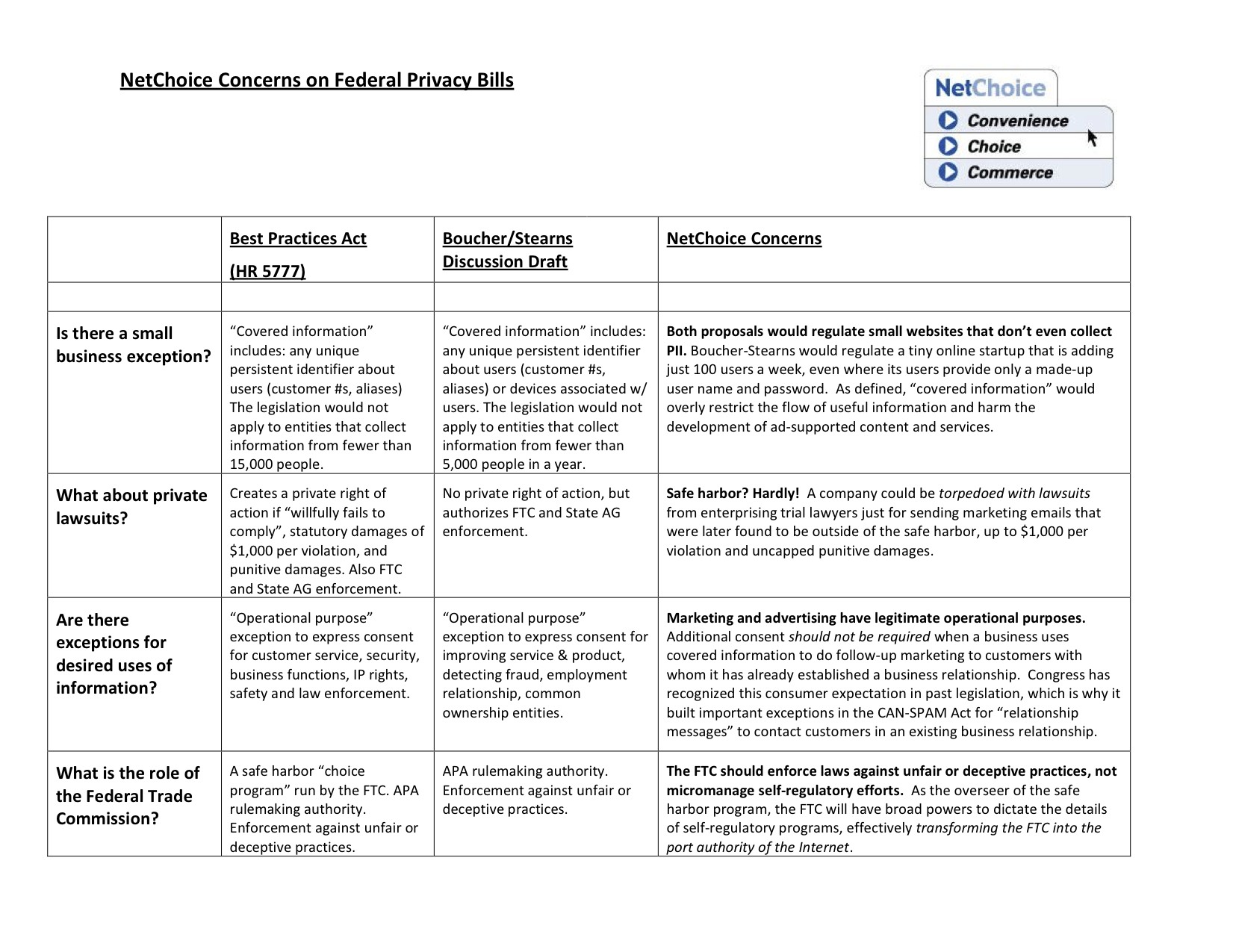The Economist has gotten on the wrong side of a favorite pet-peeve of
mine: confusing “digital” with “electronic.” Fear the blog post, Economist.
When I read in the story “Digitisation and Its Discontents” that the works of the Beatles are “scarcely available digitally,” I was struck. How does that square with the Beatles CD I have in my CD collection? All the others for sale on Amazon? Is this some mass bootleg operation?
No, what’s going on is that the Economist is confusing the words “digital” with “electronic” or “online.”
What digital means, in the context of modern technology and communications, is “converted to digital form,” as in a series of 1s and 0s that contain the meaning of the original analog version. The random online dictionary I just selected has “representing data as numbers” and “representing sound/light waves as numbers” as its top two definitions. It does allow “of e-commerce” as a third definition, but—ugh—I think we’d be smart to distinguish carefully between digital, electronic, and online, each of which mean different things.
Lots of Beatles works are available digitally—on CDs. Just now, I was waiting in line at the pharmacy staring intently at the prescription I was trying to fill—not because I’m near-sighted, but because it has a digital watermark in it, thousands of dots arranged in patterns. These dots are undoubtedly arranged to contain signals that will frustrate forgery of the prescription pads. This was information in digital form, but not electronic and not online.
Electronic means “using valves, transistors, or silicon chips” or, secondarily, “by computer.” If electricity is used in a communications process, it’s probably electronic, but that says nothing about whether it was digital or not. A bullhorn is electronic, but not digital, and it’s not online.
Online, of course, is “operating under the direct control of, or connected to, a main computer” or “connected by computer to one or more other computers or networks, as through a commercial electronic information service or the Internet.” Most online stuff is going to be digital and electronic, but lots of things that are digital and lots of other things that are electronic are not online. The Beatles works are available digitally, as are several of the other works discussed in the story. They’re just not available online yet.
 I dashed off a piece for CNET today on the Copyright Office’s cell phone “jailbreaking” rulemaking earlier this week. Though there has already been extensive coverage (including solid pieces in The Washington Post, a New York Times editorial, CNET, and Techdirt), there were a few interesting aspects to the decision I thought were worth highlighting.
I dashed off a piece for CNET today on the Copyright Office’s cell phone “jailbreaking” rulemaking earlier this week. Though there has already been extensive coverage (including solid pieces in The Washington Post, a New York Times editorial, CNET, and Techdirt), there were a few interesting aspects to the decision I thought were worth highlighting.




 The Technology Liberation Front is the tech policy blog dedicated to keeping politicians' hands off the 'net and everything else related to technology.
The Technology Liberation Front is the tech policy blog dedicated to keeping politicians' hands off the 'net and everything else related to technology.